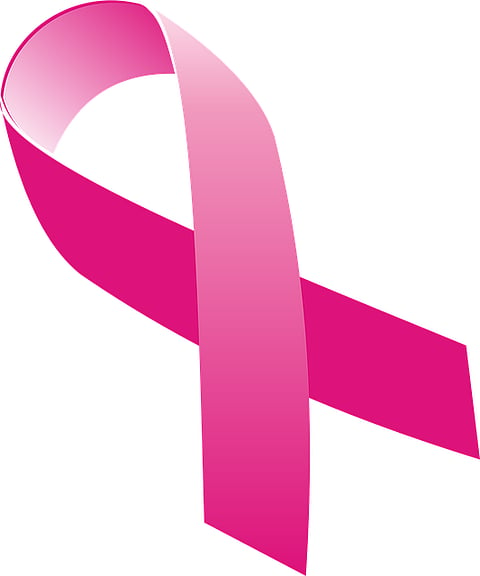A new study shows that patients can experience reduced co-determination and insufficient information about their cancer treatment, while doctors face pressure to give treatment they do not consider useful.
Shared decision-making is the norm in the patient's healthcare service but may be difficult to accomplish.
A new study in Norway has investigated what needs and challenges patients with advanced lung cancer, their relatives, nurses, and doctors experience when deciding on a treatment plan.
“Continuity in the patient-healthcare personnel relationship and familiarity with each other were emphasized as absolutely fundamental when trying to make the best possible decisions”, says associate professor at the University of Bergen and senior author of the article, Margrethe Aase Schaufel.


